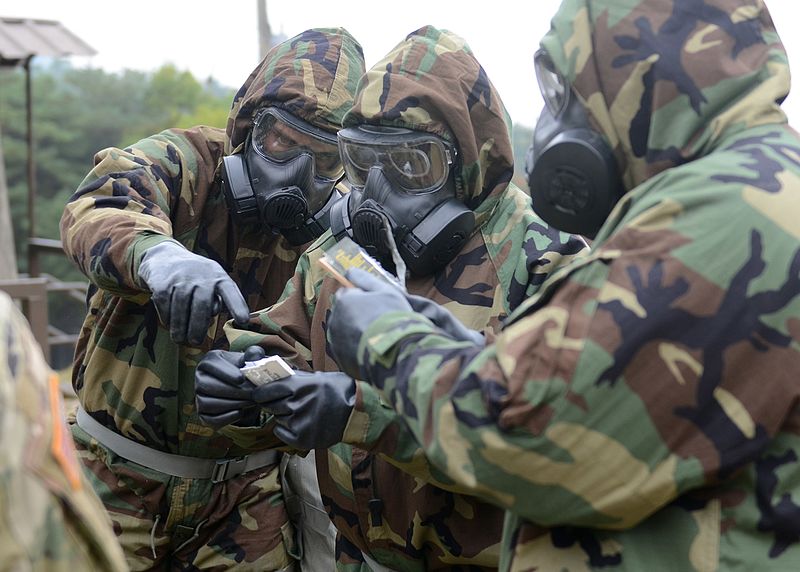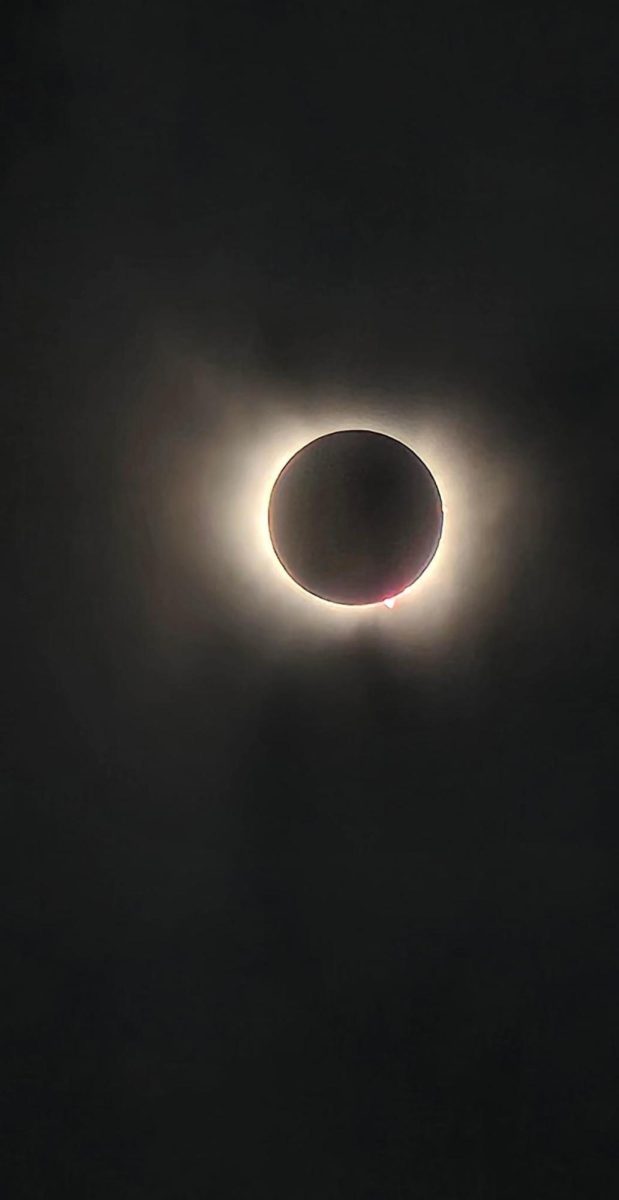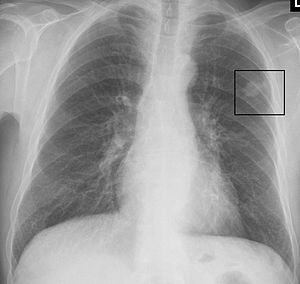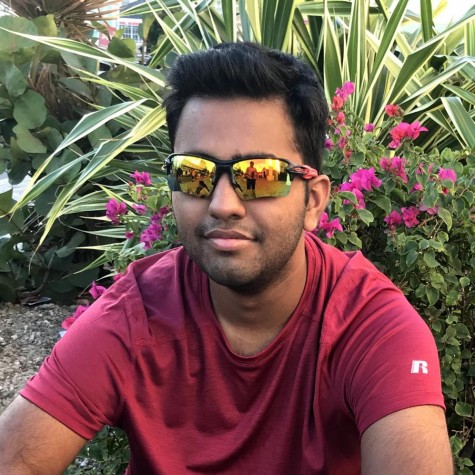On August 21, 2013, missiles struck suburbs in Damascus, Syria containing a powerful nerve agent called sarin. The bombing, also known as the Ghouta chemical attack, claimed the lives of 355 people, according to Doctors without Borders. The actual number of casualties from the attack is still unconfirmed, but an estimate of 3,600 people were affected by the chemical from the missiles. On April of 2017 in the northern province of Idlib, 89 people were killed in another chemical attack, once again involving the use of sarin. The attack was investigated by the UN and new mandates were proposed, but they were vetoed. Most recently on April 7, 2018, reports surfaced of a chemical attacks in Douma, Damascus. Several dozen civilians were expected to have been killed by the chlorine gas from the chemical bombs. All of these attacks are outlawed by the Chemical Weapons Convention(CWC), but the perpetrators have dealt with little consequence. The main perpetrator of these crimes against humanity is Syria’s very own leader, Bashar al-Assad.
Assad’s tyrannical rule has already claimed the lives of many Syrian civilians and soldiers. Cities have been leveled and homes have turned to rubble and ash. Yet, there currently seems to be no end in sight. To make matters worse, the Assad regime has used chemical weapons against its own people in an inhumane and cruel way. Pictures of the aftermath show the sick, dying children and wailing mothers. This showcase of brutality has touched the lives of many around the world, but it has not reached the cold souls of the Assad regime. The regime has denied any responsibility and has instead used rebel forces as scapegoats. With the help of a key ally, the Assad regime has remained in power and has continued to carry out their war crimes while remaining immune to consequence.
Russia’s growing power has shielded Assad from the UN’s authority. The alliance between Putin and Assad has held together strongly even through these crimes against humanity. On September 9, 2013, Russian Foreign Minister Sergey Lavrov announced a proposition which would place Syria’s chemical weapons under international control and dismantle them. An agreement was soon reached and on October 2013, representatives from the UN and Organisation for the Prohibition of Chemical Weapons(OPCW) began the inspection and dismantling of Syria’s chemical weapon stockpile. The process continued until 2015, but the Assad regime still conducted various chemical attacks despite the agreement. President Obama’s boasted success of disarming Syria’s weapons arsenal, but he was mistaken as was the rest of the world. Assad’s reign of terror continued and now President Trump has chosen a more aggressive approach.
Obama’s diplomatic approach to foreign policy did not work against Syria and Russia. Trump has already taken military action against the regime. On April 6, 2017, the US fired Tomahawk missiles on a Syrian airbase. This was the first use of military action against the Assad regime. Recently, Trump’s aggressiveness was seen in his Twitter rants against Syria, Russia and also Iran, a key ally for Syria in the Middle East. Trump threatened Syria with missile attacks and Russia responded by saying they would shoot them down.
Russia’s “big brother” attitude has been seen before in the UN, also. The UN Security Council’s investigation into Syria’s chemical attacks was halted after Russia vetoed a mandate extending the investigative effort. Eleven out of the fifteen votes were in favor of extending the investigation, but Russia’s position as one of the five permanent members of the council gave it power to veto the mandate. Russia deceitfully ended the investigation of Syria’s chemical weapons. After all, the country has recently used deadly nerve agents themselves. On March 4, 2018, a UK spy was poisoned by the Russian government with a nerve agent that nearly killed the spy and his daughter. Russia denied involvement, of course, and countries such as Great Britain and the US have expelled Russian diplomats in response.
Now the question arises. What will happen next? Trump has said action will be coming soon, but how soon? The UN will do nothing again. They will condemn the attack, maybe launch an investigation if Russia allows it and then wait for another chemical attack. The UN’s goal of preventing war and future human rights violations has clearly failed. From the Rwandan genocide to the humanitarian crisis in Rohingya, the UN has shown they are not capable of actually stopping or preventing a crisis. With countries like Russia barring justice, there is no permanent solution in sight. Trump’s missiles and Obama’s diplomacy left the Assad regime unscathed. The future, unfortunately, is not looking bright for the citizens of Syria.















